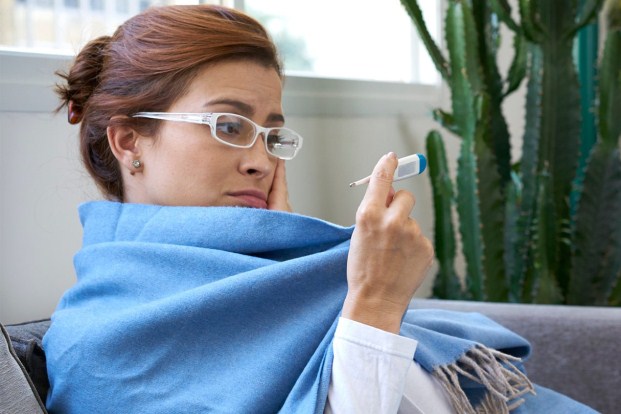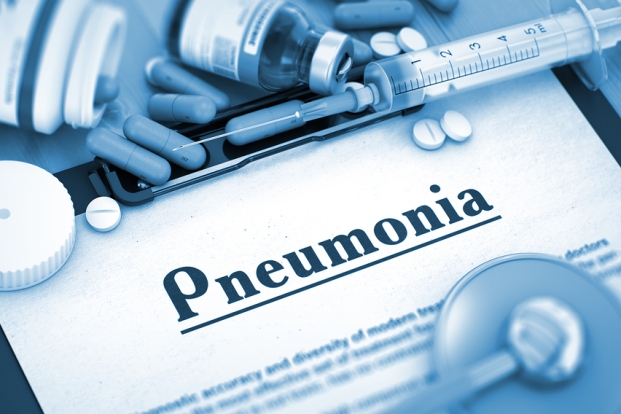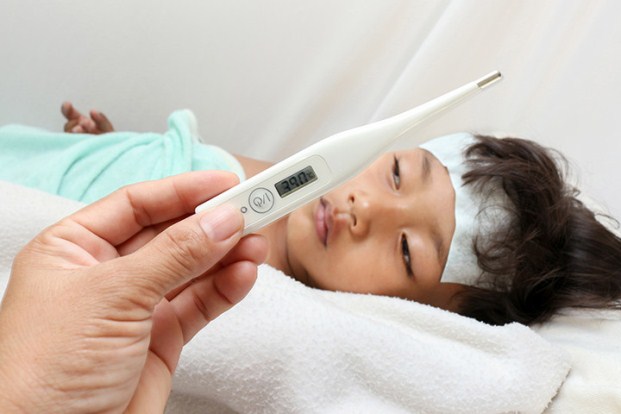Categories
- Bariatric Surgery (11)
- Black Fungus (5)
- Bone Marrow transplant (3)
- Brain Tumor Surgery Navigation Technology (20)
- Cardiac Surgery (66)
- Cardiology (97)
- Computer navigation technology for joint replacements (20)
- Covid Vaccination (17)
- Critical Care (2)
- Dental (19)
- Dermatology (31)
- Dialysis Support Group - “UTSAAH” (11)
- Dietitian (33)
- Emergency Medicine (4)
- Emotional Health (11)
- Endocrinology (33)
- ENT (20)
- Gastroenterology and GI Surgery (53)
- General and Laparoscopic Surgery (21)
- General Surgery (4)
- Gynecology & Obstetrics (183)
- Hematology (20)
- Internal Medicine (294)
- Kidney Transplant (50)
- Kidney Transplantation (20)
- Lung Cancer (8)
- Minimal Invasive Surgery (1)
- Mother & Child (20)
- mucormycosis (5)
- Nephrology (61)
- Neurology (147)
- Neurosurgery (68)
- Nutrition and Dietetics (107)
- Omicron Variant (1)
- Oncology (288)
- Ophthalmology (10)
- Orthopaedics & Joint Replacement (86)
- Paediatrics (59)
- Pediatric Nephrology (3)
- Physiotherapy (5)
- Plastic & Reconstructive Surgery (6)
- Psychiatry and Psychology (90)
- Psychologist (28)
- Pulmonology (72)
- Rheumatology (13)
- Spine Services (21)
- Transradial Angioplasty (16)
- Urology (84)
Query Form
Posted on Apr 19, 2022
When to see a Doctor in Fever?
Consult a doctor if you have any of the following signs and symptoms:
- Temperature is 103 F (39.4 C) more than (fever is too high).
- Temperature lasts more than seven days.
- Temperature fever symptoms get inferior (a concern if fever is increasing toward 39.4 C).

Fevers generally go away within a few days. A number of over-the-counter medications lower a fever, but sometimes it’s better left untreated. Fever plays a key important role in helping your body fight off a number of infections. A fever is a temporary increase in your body temperature often due to an illness. Having a fever is a sign that something out of the ordinary is going on in your body. To regularly check your or your child’s temperature you can choose from several types of thermometers, added oral, rectal, ear tympanic and forehead temporal artery thermometers. Fevers by themselves may not be a cause for alarm or a reason to call a physician. There are a few circumstances when you should seek medical advice for your baby, your child or yourself. Depending on what’s causing your fever, additional fever signs and symptoms may include:
- Sweating
- Chills and shivering
- A headache
- Muscle aches
- Loss of appetite
- Irritability
- Dehydration
- General weakness
Signs and Symptoms in Adults that need medical assistance:
Contact a physician if your temperature is 103 F (39.4 C) or more. Seek immediate medical attention if there are any signs or symptoms accompanies a fever:
- A severe headache
- Unusual skin rash occasionally if the rash rapidly worsens
- Unusual sensitivity to bright light
- Stiff neck and pain when you bend your head forward
- Mental confusion
- Persistent vomiting
- Difficulty breathing or chest pain
- Abdominal pain.
- Convulsions or seizure
Signs and Symptoms in children that need medical assistance:
There is probably no reason for alarm if the child has a fever and is responsive, making eye contact with you and responding to your facial expressions and to your voice and is drinking fluids and playing.



